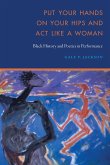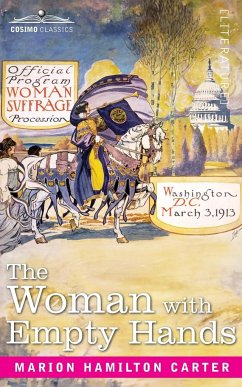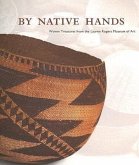All over the world, the issue of women taking their place in modern society and especially in political leadership has been high on the agenda of many women's advocacy groups. Although the number of women in political leadership is growing, there is a continued lack of gender equality in politics. A number of reasons have been given for this- poverty and lack of formal education among women as compared to men. This study was aimed at finding out the role that our local proverbs in Ghana (West Africa), contribute in shaping peoples attitudes towards women and the perceived roles women are expected to play in society. The study was done using the Akan, Ewe, and Dagomba ethnic groups of Ghana. The results are discussed in terms of their implications for getting more women to be involved and take up political leadership positions.
Bitte wählen Sie Ihr Anliegen aus.
Rechnungen
Retourenschein anfordern
Bestellstatus
Storno








